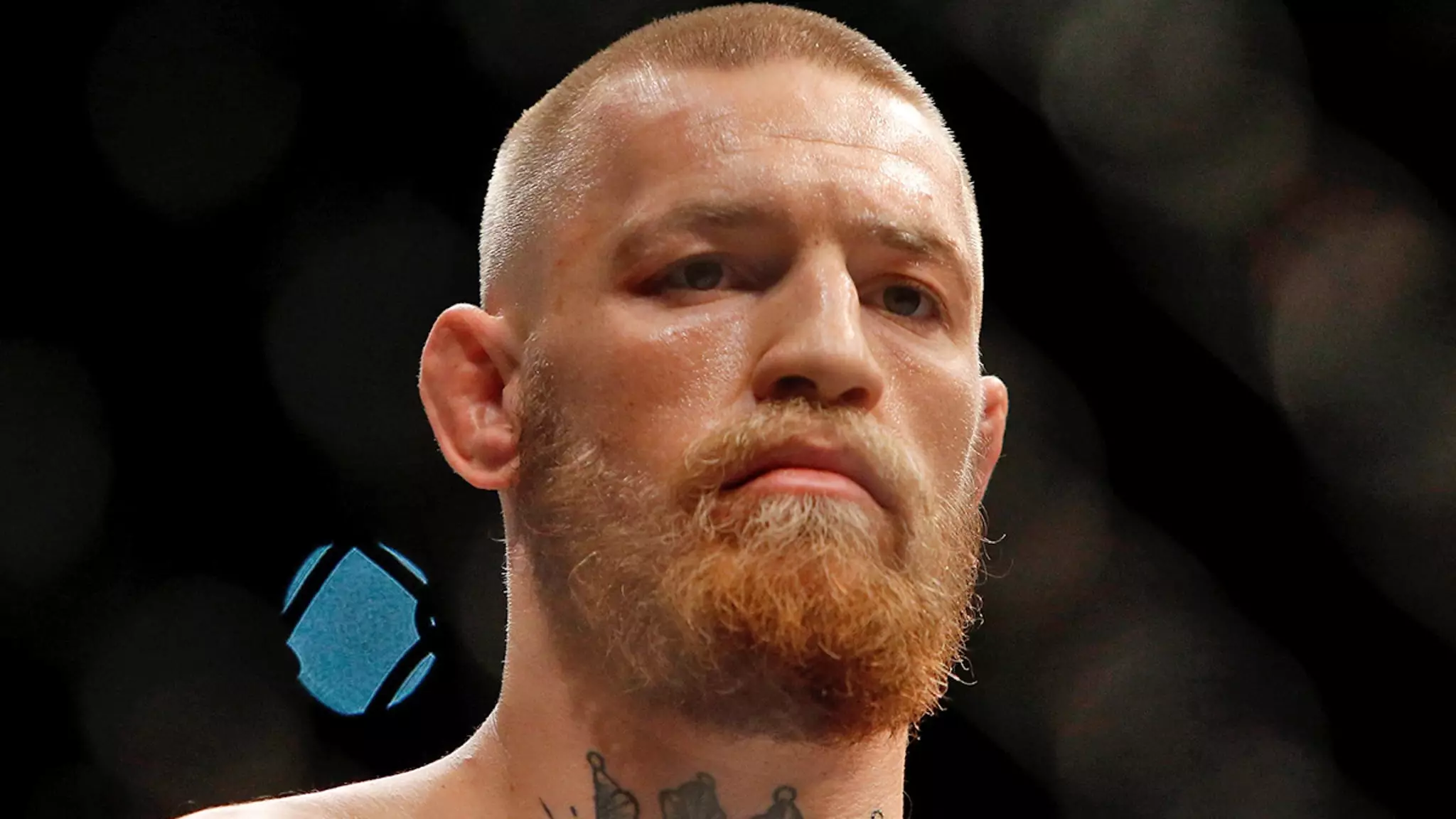Conor McGregor, the famed MMA fighter, has found himself at the center of a distressing judicial outcome. Recently, he was deemed liable for assault in a civil case related to allegations of sexual misconduct. Such a troubling verdict delivers a significant blow not just to his reputation but also highlights ongoing concerns about accountability and the treatment of serious allegations in the public sphere. Following the ruling, McGregor engaged in a vehement social media response, displaying a fierce denial of the charges and proclaiming his intent to appeal the decision.
The civil case revolved around accusations made by Nikita Ni Lamhain, who alleged that McGregor and another individual, James Lawrence, had assaulted her after a holiday gathering in 2018. The jury ultimately concluded that while McGregor was liable, Lawrence was exonerated from the charges. McGregor’s public discontent with the jury’s decision led him to vigorously defend himself online, portraying himself and Lawrence as victims of a wrongful accusation. This reaction underscores a potentially troubling trend where public figures opt for aggressive rebuttals instead of engaging with the legal process constructively.
Justice or Injustice?
In his tirade against the court’s decision—which he characterized as a miscarriage of justice—McGregor stoked the flames of an already charged situation. His proclamations that “justice will prevail” and that he looks forward to further vindicating himself suggest a denial of responsibility coupled with a lack of introspection. The jury awarded damages of approximately $250,000 to Ni Lamhain, yet McGregor’s reaction suggests he believes their decision lacked merit, dismissing the legal institution’s inquiry into the matter.
One significant aspect of this case is the role that social media plays in shaping public narratives. Conor McGregor’s use of platforms like X (formerly Twitter) has reached millions, allowing him to rally support and cast doubt on the legitimacy of the proceedings while distancing himself from responsibility. This dynamic raises concerns about how influential figures can sway public opinion and potentially undermine the very foundations of justice, especially in cases involving sensitive allegations.
As McGregor plans to appeal the court’s ruling, it’s worth considering what this means for both his career and societal attitudes towards sexual assault allegations. The fighter’s assertive claims of innocence seem poised to propagate a narrative that undermines victims’ voices, while simultaneously shielding himself from accountability. The aftermath of such high-profile cases often leaves victims feeling vulnerable and unheard, complicating the dialogue around justice in the realm of sexual misconduct.
Conor McGregor’s recent legal troubles present a multifaceted issue that extends beyond individual culpability. They raise pertinent questions regarding the integrity of our judicial system, the influence of celebrity culture, and the delicate balance of truth within a court of law. As he embarks on his appeal journey, the implications of this case will undoubtedly resonate within ongoing discussions about accountability and justice for victims.

Leave a Reply